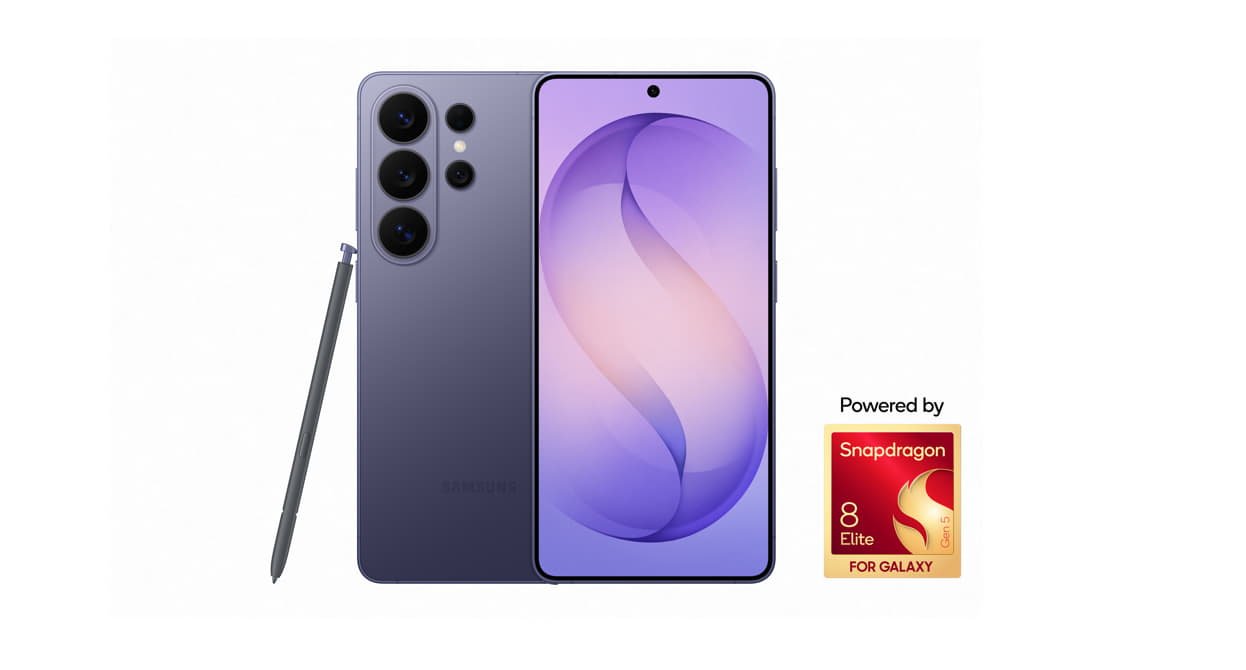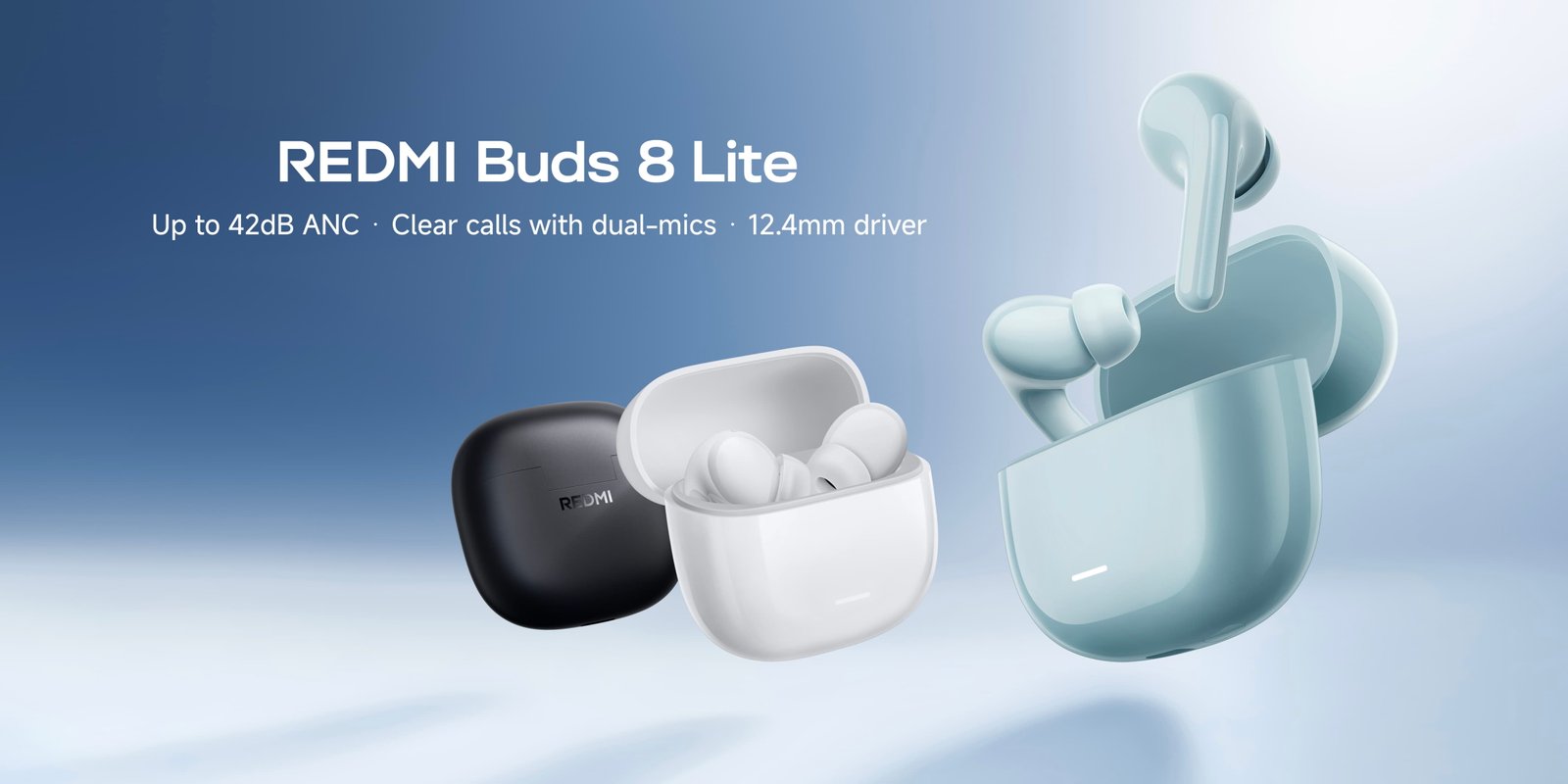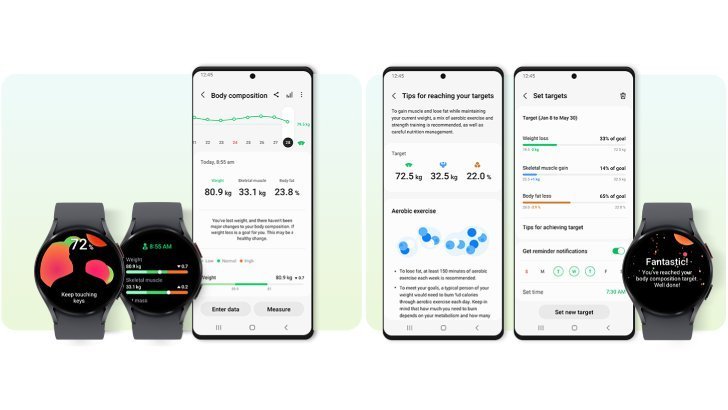Galaxy foldables have been gaining immense popularity, revolutionizing the foldable phone market and showcasing the potential for new form factors by moving away from traditional bar-type smartphones. In particular, the latest Galaxy Z Flip5 and Z Fold5 have captured consumers’ attention, especially in South Korea and Europe.
In this two-part series, Samsung Newsroom will dive into the remarkable technologies crafted by Galaxy developers and explain related terminology for everyone to understand.
IP Rating
IP, or ingress protection, is a standard that measures a device’s ability to resist the elements. The first digit in an IP rating denotes the level of defense against dust and foreign particles, while the second digit represents the level of safeguard against liquids — the higher the digit, the better the protection. The Galaxy Z Fold3 and Z Flip3 were the first foldable products to achieve the IPX8 rating, followed by Z Fold4, Z Flip4, Z Fold5 and Z Flip5.
Flex Window
Flex Window, the Cover Screen of a Galaxy Z Flip device, was first included in the Galaxy Z Flip5. Th
Flipsuit Case
This is an accessory for the Galaxy Z Flip5 that uses near-field communication (NFC) technology. When a Flipsuit card is inserted into the case, the Flex Window plays content linked to the card.

FlexCam
FlexCam is a camera feature using Galaxy Z 5’s Flex Window and the high-quality rear camera, allowing users to take pictures from various angles without opening the phone. Plus, convenient hands-free shooting is possible when Flex Mode and the Cover Screen camera are activated.

Multi Window
This feature enables users to open multiple windows on the Galaxy Z Fold display, supporting up to three at once. Multi Window offers a multitasking experience to simultaneously perform various tasks such as streaming, shopping, browsing the web and playing games.

Swipe Gesture
Swipe Gesture is a handy feature that lets a user control the Galaxy foldable screen through finger gestures. For example, split the screen horizontally and open a new app by swiping up with two fingers from the bottom to the top. These intuitive gestures enhance multitasking efficiency, providing an optimal way to operate the device.

Ultra Thin Glass
Ultra Thin Glass (UTG) is a crucial component of Galaxy foldable displays. The material’s exceptional thinness allows for flexible bending — at the same time, it possesses scratch-resistant properties, characteristic of traditional glass.

Flex Hinge
The Flex Hinge is the component that allows a Galaxy foldable to be folded and unfolded, enhancing the phone’s durability and enabling the functionality of Flex Mode.

Flex Mode[1]
When partially folded, the Galaxy device will go into Flex Mode. Users can set their foldables on a flat surface without needing a separate phone stand to conveniently watch a movie, write an email or video call a friend.

Flex Mode Panel
Flex Mode Panel allows for seamless use of the control panel while enjoying videos, music or other content when the Galaxy foldable is set in Flex Mode. This feature can be activated in Labs.

Taskbar
The Taskbar conveniently presents Favorites and shortcuts to recently used apps at the bottom of an unfolded Galaxy display — allowing users to easily switch between apps and enjoy a seamless multitasking experience, much like they would on a PC.

Under Display Camera
The Under Display Camera (UDC) achieves a truly full-screen display by concealing the Galaxy Z Fold’s camera beneath the screen. With UDC, the front camera is seamlessly integrated to eliminate the need for notches or holes in the display. Samsung initially introduced the cutting-edge UDC technology in the Galaxy Z Fold3 and has continued to implement it in the Z Fold4 and the latest Galaxy Z Fold5.

* The images are for illustrative purposes only and may differ from the actual product.


![[Galaxy Unpacked 2026] A First Look at the Galaxy S26 Series: Samsung’s Most Intuitive AI Phone Yet](https://stuffmotion.com/wp-content/uploads/2026/02/New-Project-2-218x150.png)
![[Interview] [Galaxy Unpacked 2026] Maggie Kang on Making Technology Feel Human](https://stuffmotion.com/wp-content/uploads/2026/02/Samsung-Mobile-Galaxy-Unpacked-2026-Maggie-Kang-Interview-Making-Technology-Feel-Human_Thumb728_fina-218x150.jpeg)
![[Galaxy Unpacked 2026] A First Look at the Galaxy Buds4 Series: Precision Sound Meets Intelligent Design](https://stuffmotion.com/wp-content/uploads/2026/02/New-Project-3-218x150.png)
![[Galaxy Unpacked 2026] Highlights From Galaxy Unpacked: The Beginning of Truly Agentic AI](https://stuffmotion.com/wp-content/uploads/2026/02/New-Project-1-218x150.png)
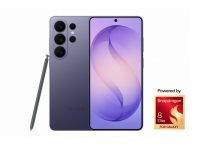

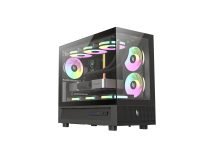








![[Interview] Notes on Seundja Rhee: Translating Nature’s Rhythms Into a Language of Light and Form](https://stuffmotion.com/wp-content/uploads/2026/01/Samsung-TVs-and-Displays-Samsung-Art-Store-Seundja-Rhee-Interview_Thumb728-218x150.jpg)

![[Interview] Erwan Bouroullec Blends Sound and Space With Music Studio](https://stuffmotion.com/wp-content/uploads/2026/01/Samsung-TVs-and-Displays-Bouroullec-Interview_Thumb728-218x150.jpg)










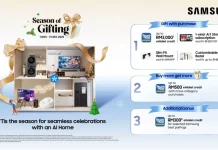


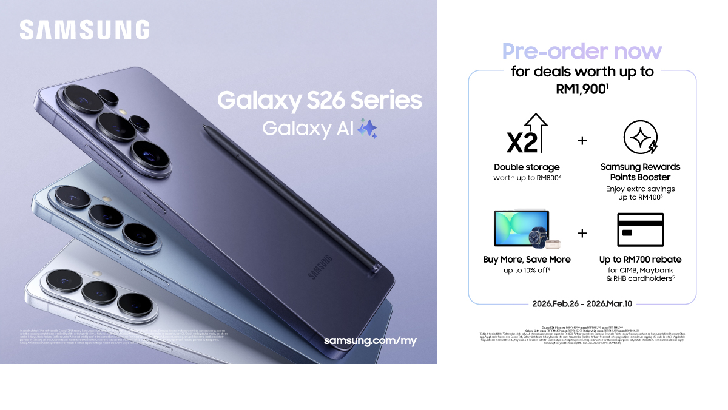
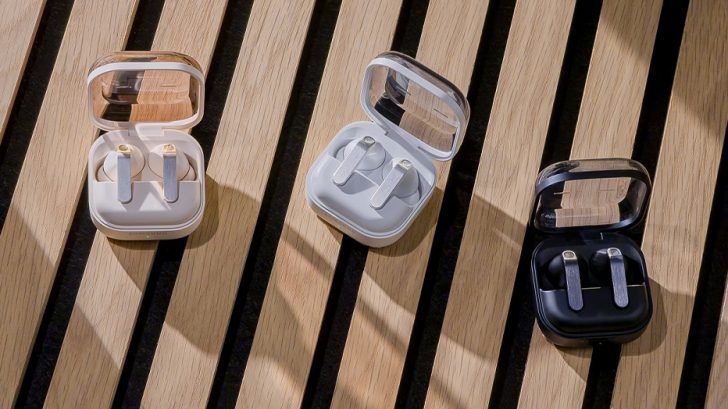
![[Galaxy Unpacked 2026] Highlights From Galaxy Unpacked: The Beginning of Truly Agentic AI](https://stuffmotion.com/wp-content/uploads/2026/02/New-Project-1.png)
